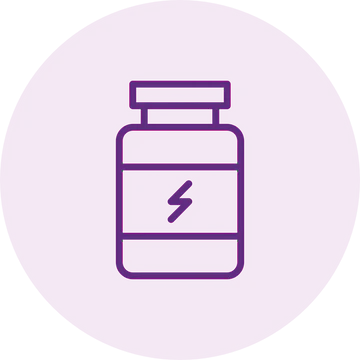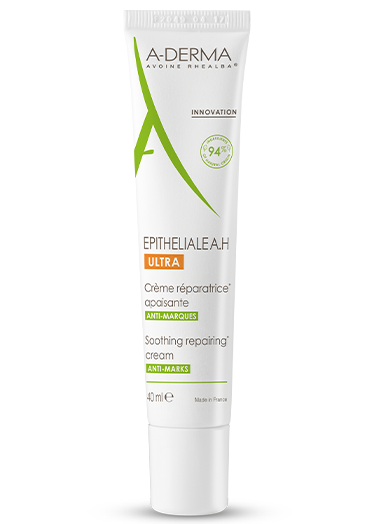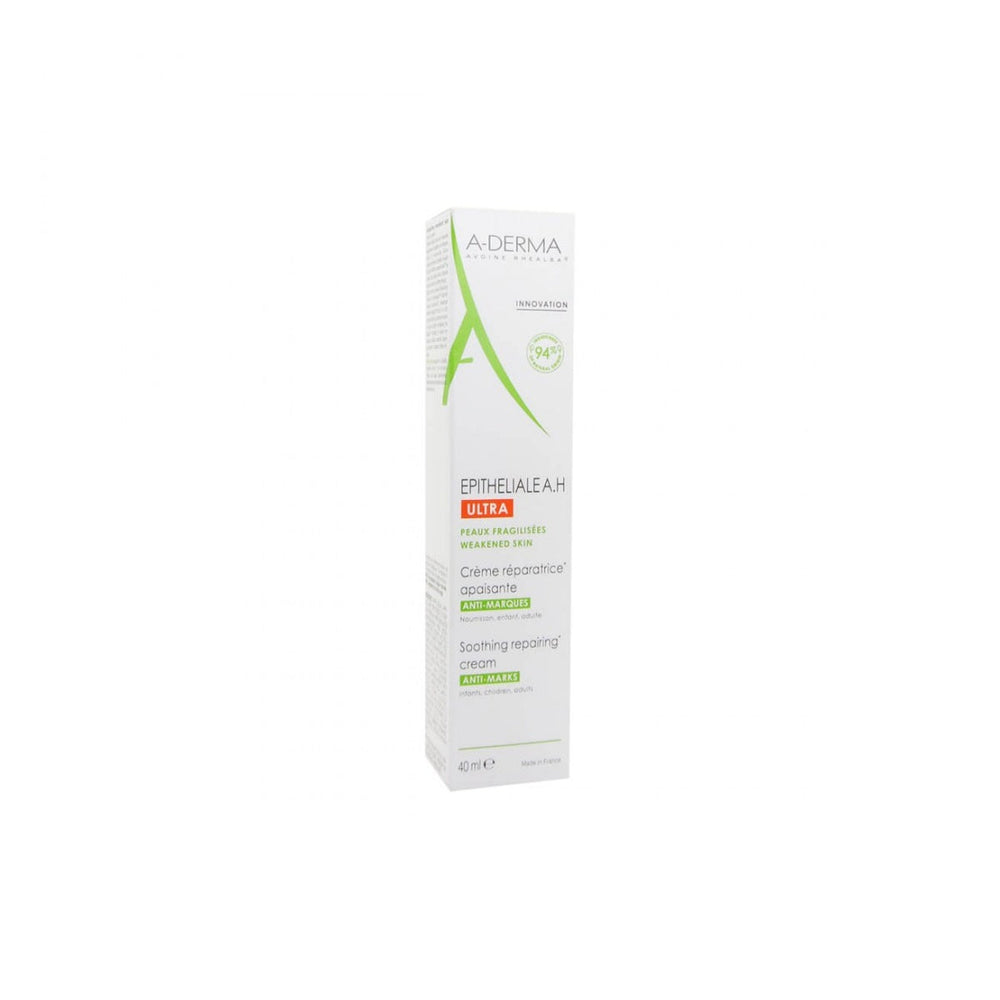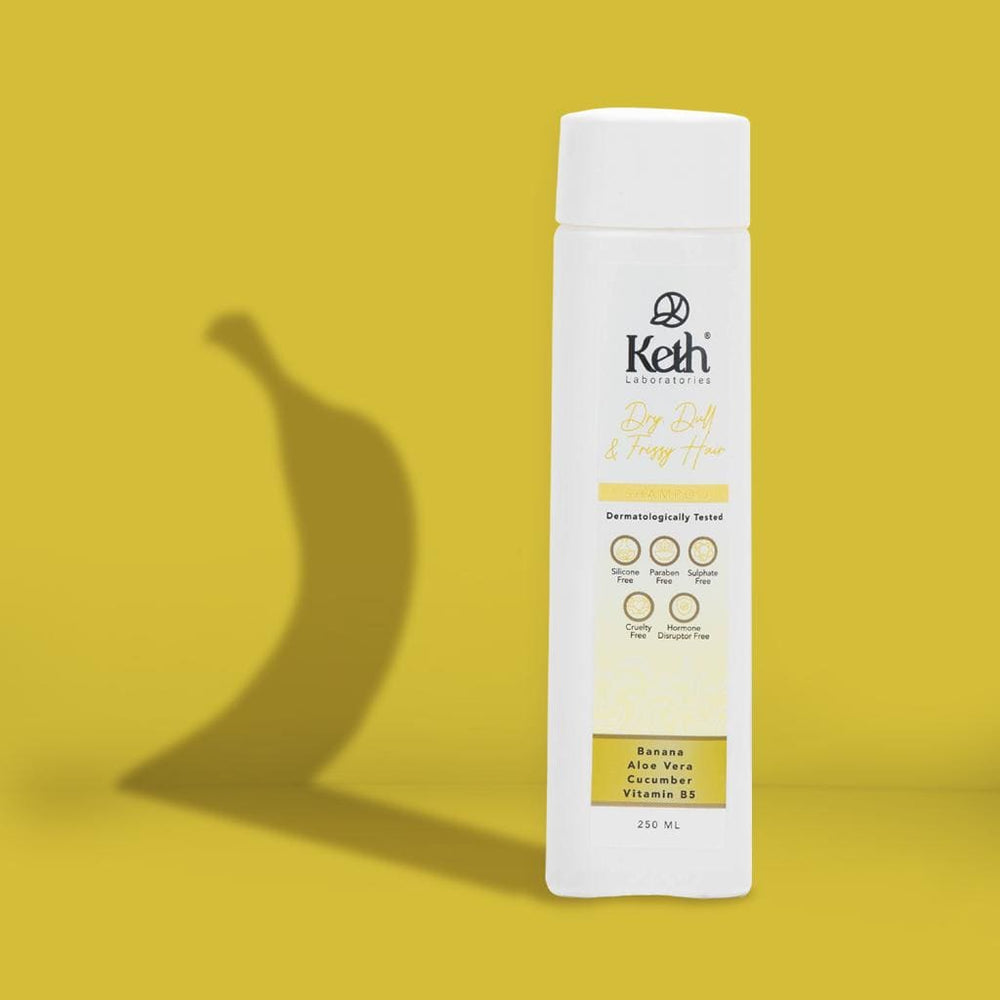The Importance of Sunscreen: Protecting Your Skin from Harmful UV Rays

Introduction:
Protecting your skin from the sun's harmful UV radiation is essential for maintaining healthy skin and reducing the risk of skin cancer. Sunscreen is a crucial part of any sun protection regimen, but it's important to understand the basics of SPF, UVA, and UVB rays to ensure that you're getting the best possible protection.
What is SPF?
SPF stands for Sun Protection Factor, and it's a measure of how well a sunscreen can protect your skin from UVB radiation. UVB radiation is the primary cause of sunburn and plays a significant role in the development of skin cancer. The higher the SPF number, the more protection the sunscreen provides against UVB radiation.

Types of SPF:

2.Medium SPF: Sunscreens with an SPF of 15-30 provide moderate protection against UVB radiation. They are suitable for outdoor activities and can provide protection against longer periods of sun exposure.
3.High SPF: Sunscreens with an SPF of 30-50 provide high-level protection against UVB radiation. They are suitable for prolonged sun exposure and can help to prevent sunburn and reduce the risk of skin cancer.
4.Very high SPF: Sunscreens with an SPF of 50 or higher provide very high-level protection against UVB radiation. They are suitable for people with fair skin or those who are prone to sunburn and can provide extra protection against the sun's harmful rays.
Types of Formulation:
2.Lotion
3.Tint or Powder
4.Spray
What is the difference between UVA and UVB rays?

2.UVA rays penetrate deeper into the skin than UVB rays and can cause long-term skin damage like premature aging and wrinkles. UVA rays can also contribute to the development of skin cancer.

Why sunscreen is important?

Prevents sunburn: Sunburn can cause pain, redness, swelling, and even blistering. Sunscreen can help to prevent sunburn by blocking or absorbing the UV radiation that causes it.
Reduces the risk of skin cancer: Exposure to UV radiation is a significant risk factor for skin cancer. Regular use of sunscreen can help to reduce the risk of skin cancer by protecting the skin from UV radiation.
Helps to prevent premature aging: Exposure to UV radiation can cause premature aging of the skin, including wrinkles, fine lines, and age spots.Sunscreen can help to prevent premature aging by blocking or absorbing the UV radiation that causes it.
Suitable sunscreen for skin types:

1. Normal skin: For normal skin, a broad-spectrum sunscreen with an SPF of 30 or higher is ideal. Look for a lightweight, non-greasy formula that won't clog your pores.
2. Dry skin: If you have dry skin, look for a moisturizing sunscreen that contains ingredients like hyaluronic acid, glycerin, or ceramides. These ingredients will help to keep your skin hydrated while also protecting it from the sun.
3. Oily skin: For oily skin, a lightweight, oil-free sunscreen is best. Look for a non-comedogenic formula that won't clog your pores or cause breakouts.
4. Sensitive skin: If you have sensitive skin, look for a sunscreen that is fragrance-free and hypoallergenic. You may also want to avoid chemical sunscreens and opt for a physical sunscreen that contains zinc oxide or titanium dioxide.
5. Combination skin: If you have combination skin, look for a lightweight sunscreen that won't leave your skin feeling greasy. You may also want to consider using a mattifying primer or powder to control shine in oily areas.
Conclusion:

In conclusion, choosing the right sunscreen is essential for protecting your skin from harmful UV radiation, and Yourdermstore offers a wide range of genuine and original sunscreen products with a one-year expiry. It's important to choose a sunscreen suitable for your skin type, with broad-spectrum protection and an SPF of 30 or higher, and additional features like moisturizing or oil-free formulas depending on your skin's needs. Regular use of sunscreen can help prevent sunburn, premature aging, and skin cancer, keeping your skin healthy and looking its best. Remember, a comfortable and easy-to-use sunscreen is more likely to be incorporated into your daily routine, making it an essential part of your skincare regimen.
Additionally, if you're looking for the perfect sunscreen, be sure to visit the suncare section on the Yourdermstore website. There, you can browse through a wide selection of sunscreens and choose the one that is perfect for your skin type and needs. With the convenience of online shopping, you can have your sunscreen delivered straight to your doorstep, making it easy to incorporate into your daily routine. So don't hesitate - visit our suncare section today to find the perfect sunscreen for you!




































































